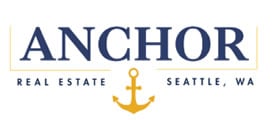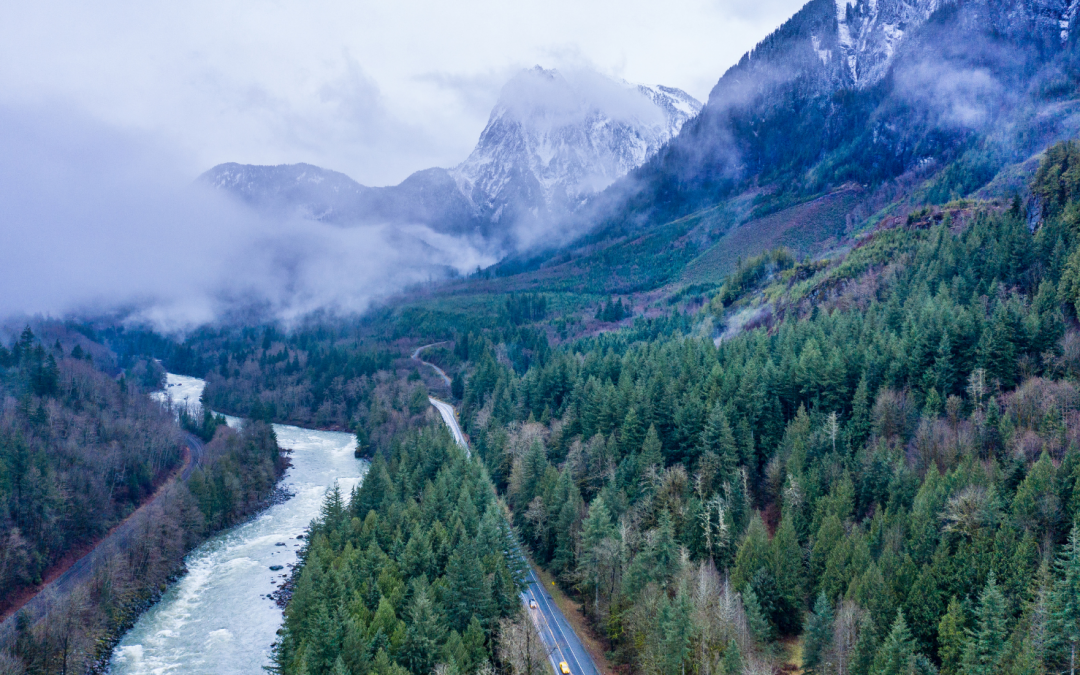
by johnanderson | Jul 27, 2021 | Uncategorized
The most valuable time we spend with our family is in nature. This month, we’re highlighting one of our favorite areas: Sky Valley. We love our family cabin in Skykomish. It’s just 1.5hrs away from Seattle and the area is stunning. There are so many great little river towns that run along the Skykomish as you climb Highway 2 up to Stevens Pass with easy access to hiking, swimming, fishing, and relaxing. Here are some beautiful spots for your next getaway!
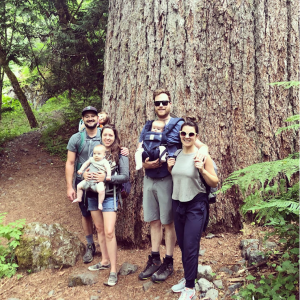
We took our kids and our friends, Eddie & Christina, a couple of summers ago with the babes on our backs (and fronts).
Easy Hike with Kids: Deception Falls
0.6-mile loop trail with magical creeks, moss-covered old-growth forest, and a roaring waterfall.
Moderate Hike: Trout Lake
3.0-mile roundtrip hike with additional lakes to explore if you’d like to go even further.
Challenging Hike: Lake Serene Trail
7.2-mile hiking trail with a possible detour to the beautiful Bridal Falls along the way.
Swimming Holes: Big Eddy & Money Creek Campground
Great river spots for all ages, or check out Eagle Falls for the adventurous.
Activity with Kids: Great Northern and Cascade Railway
Free 1/8 scale train rides in the historic and adorable town of Skykomish.
Fishing: Beckler River, Skykomish River, Fish Lake
Flyfish on Beckler or Skykomish, or head over the pass to rent a pontoon boat on Fish Lake.
Cabin Rentals: treelinerentals.com
Spectacular properties in the Sky Valley area, including our cabin on the Skykomish.

by johnanderson | Apr 20, 2021 | Uncategorized
(Schedule a home pick-up)
Helping children realize their potential and build their futures.
Accepted Items:
- Clothing
- Bedding
- Books
- Toys
- Power tools (not industrial)
- Electronics
- Home goods
- Kitchen ware
- Sporting goods
(Drop off by appointment only, Shoreline)
Creating job and career training for community members.
Accepted Items:
- Clothing
- Electronics
- Toys
- Home goods
- Outdoor Items
- Exercise Equipment
(Drop offs, Pacific Place)
Offering long-lasting solutions that enable women to break the cycle of poverty.
Accepted Items:
- Women’s professional clothing
(Drop offs, University District)
Inviting all of us to come closer, and to contribute our unique passions and skills toward the effort of ending homelessness.
Accepted Items:
- Adult hats
- Gloves
- Coats
- Backpacks
- Sleeping Bags
- Tents & tarps
(Drop off by appointment only, Kent)
Serving individuals, families, and veterans emerging from homelessness by transforming empty houses into welcoming homes.
Accepted Items:
- Furniture
- Decor
- Kitchen & bath items
- Household Items
(Drop offs, Sodo)
Providing safe, inclusive shelter and services that support women, children and families on their journey out of homelessness.
Accepted Items:
- Clothing
- Small Toys
- Baby Items
- Twin Sheets
(By Appointment)
Dedicated to promoting our Library as an essential institution of society and supporting its mission and vision.
Accepted Items:
(Drop Off, Locations Vary)
Joining the community to listen, engage, and build relationships that assist and advocate for individuals and families to meet basic needs and achieve stability and self-sufficiency.
Accepted Items:
- Clothing
- Furniture
- Linens
- Books
- Electronics
- Household goods
(Drop Off, Mt. Baker)
Connecting families in crisis to the services needed to regain and maintain stability.
Accepted Items:
- Baby/kids Clothes
- Furniture
- Blankets
- School Supplies
(Drop Off, White Center, South Lake Union, and Other Collection Sites)
Providing essential items to local children in need.
Accepted Items:
- Car Seats
- Bedding
- Clothes
- Baby equipment
- Small toys
- Books
- Unopened Hygiene Products
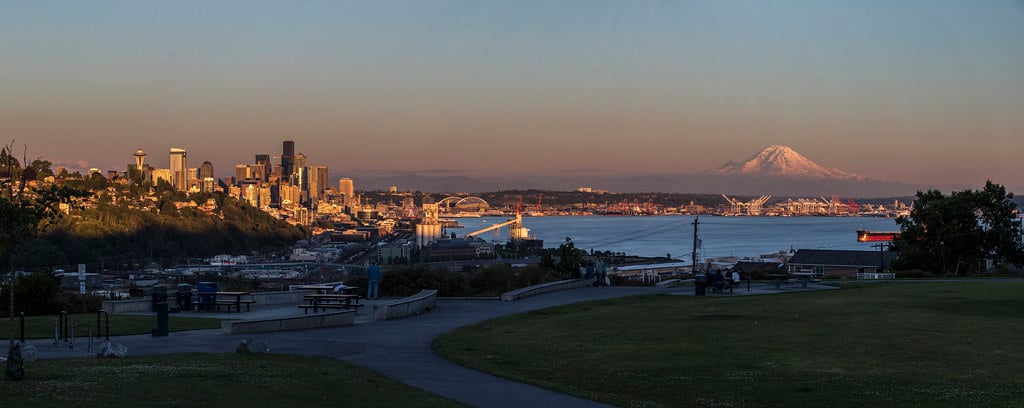
by johnanderson | Sep 26, 2019 | Uncategorized
Located on a hilly peninsula on the western end of the city, Magnolia is the second largest neighborhood in Seattle by area and was home to Fort Lawton, the U.S. Army base. Though most of Fort Lawton was dedicated as Discovery Park in 1973, during World War II, it was the second largest port of embarkation of soldiers and material to the Pacific. The influx of soldiers and workers contributed to the number of homes built in Magnolia during that era, and many mid-century houses were built to accommodate the families that elected to stay after the war. Fort Lawton still housed army officers into the early 2000s and wasn’t officially closed until 2011.
Today, Magnolia is a beautiful, secluded neighborhood with a bit of a small town feel and a close sense of community. The area features a cute “downtown” retail area with shops, restaurants, small grocery stores, beautiful parks, and great schools. The residential portion of the neighborhood is full of beautiful homes — a great mix of traditional Craftsman, mid-century modern, and new construction. While we love just about everything Magnolia has to offer, below are a few of our favorite spots:
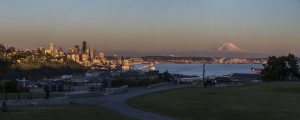
The former playground of Magnolia Elementary, which is reopening this September, Ella Bailey Park is a hidden gem. Renovated in 2007, the 2.4-acre park includes a playground, large lawn, picnic tables, and barbeques, but the highlight is its spectacular outlook. Ella Bailey Park has panoramic views of Mt. Rainier and downtown Seattle and is a great location to view fireworks on Fourth of July and New Year’s Eve.
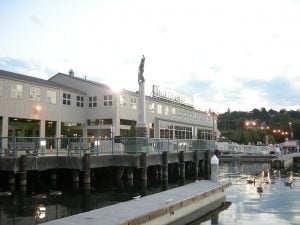
Operated by the Port of Seattle, Fishermen’s Terminal is not only home to commercial fishing vessels but also a couple shops and restaurants. With its proximity to the port and a slew of fisherman, Wild Salmon Seafood Market is the perfect spot to pick up fresh seafood for a delicious home-cooked meal. But if you would rather opt for a night out, Chinook’s is a casual seafood restaurant serving lunch and dinner and offering classic, appetizing options such as fish ‘n’ chips and Dungeness crab cakes.

A traditional Irish pub, Mulleady’s is located in a beautifully restored two-story house on the corner of West Dravus Street and 21st Avenue. The Irish-inspired food menu features fresh and local Northwest ingredients, while the drink menu offers the largest collation of Irish Whiskey on the West Coast.
Click here to learn more about Magnolia and view current listings.
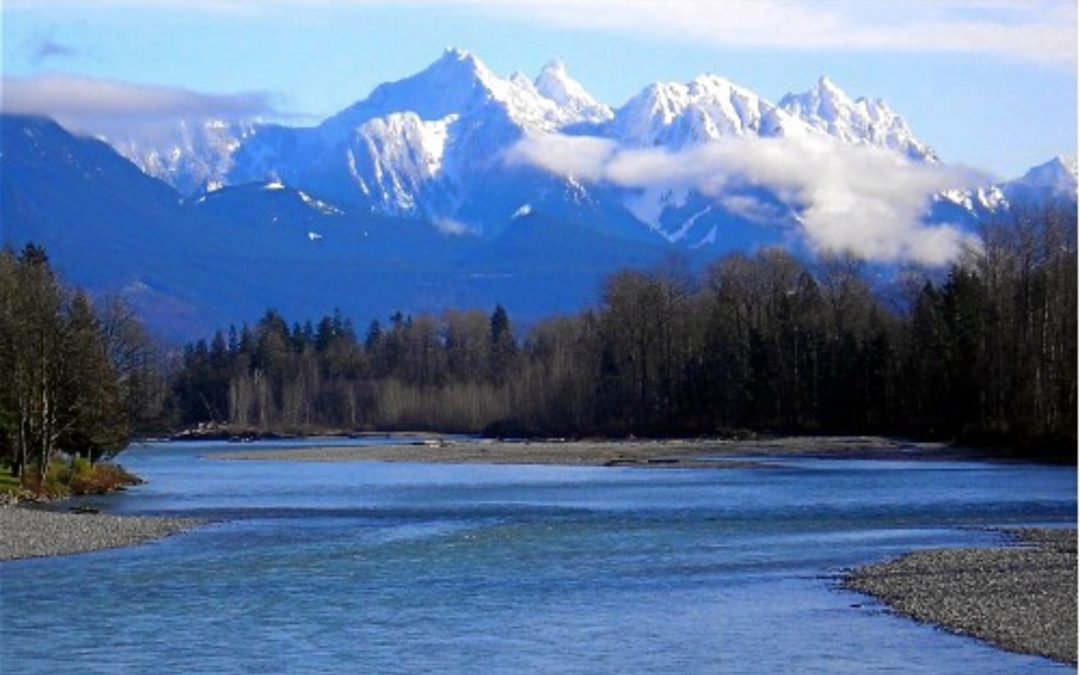
by johnanderson | Aug 29, 2019 | Uncategorized
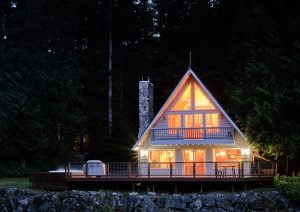
This year, my family purchased a second home on the Skykomish River, and it has been a highlight of our summer. It’s been great to escape the hustle and bustle of the city with family and friends and to spend time enjoying the outdoors and learning about the area.
Skykomish is approximately an hour and thirty-minute drive out of the city and is a popular year-round location. Spend the summer exploring the outdoors with hiking, fishing, and swimming, and once the season changes, enjoy the beautiful fall colors of the Pacific Northwest. And for all the winter sport fanatics, Skykomish is a quick drive from Stevens Pass for skiing and snowboarding in the winter!
It can be a great investment to purchase a second home that brings income and can be used for personal enjoyment as well. If you have any questions regarding investment properties or are interested in purchasing a vacation getaway give us a call or shoot us an email, we’re always here to help!

by Freddy Stosic | Sep 5, 2018 | Uncategorized
The last thing in the world you would ever want is to spend a bunch of time searching for a home, finding that perfect place and then not being approved for your mortgage. There are also many common mistakes homebuyers make that could make the process much more painful than it has to be. We’re writing this article because we know how stressful it can be to buy a house. In order to make your process easier, we are going to cover the 8 things you shouldn’t do when buying a home.
1) Don’t overestimate your budget.
Ever heard the expression “House poor“? Many homebuyers overestimate what they can actually afford and end up with very little wiggle room financially. Before jumping into buying, make sure you have a realistic idea of the yearly costs involved with owning a home.
Remember, there is your mortgage, property taxes, utilities, insurance and repairs. All of this before you even think about making upgrades. Factor in all the costs and leave yourself some room.
2) Don’t let your emotions run wild.
Buying a home is one of the biggest decisions of your life. It’s normal to be excited and fall in love with a home. However, try to keep a level head. Falling in love with a home can cloud your judgement or end in disappointment. This can happen if unforeseen issues are exposed in the inspection or if someone puts in an offer before you.
If you don’t find a home… don’t get discouraged. Home searching can be a lengthy process. It will be worth it when you find the winner.
3) Don’t talk to sellers about plans for the house.
As much as you are excited to get in and put your personal touch on the home, it’s best to keep this to yourself. Sometimes home buyers meet and get to know the home owners. This is fine, but remember that the current owner will have an emotional attachment to the property.
It’s best not to make them feel like you’re going to come in and completely change the place. If you make conversation with the owners, just keep the conversation light.
4) Don’t withdraw or deposit a lot of cash.
Going further with your financial history, cash withdraws and deposits also play a part in your mortgage approval rate. Large quantities of cash going in or out of your accounts signals a warning sign that you do not have stability. Avoid any sporadic withdraws or deposits of large sums of cash.
5) Don’t apply for more credit.
The amount you are approved for on your mortgage comes down to your capital. How much money do you have at your disposal? Applying for extra credit increases your debt. This extra debt decreases the amount you will be approved for on a mortgage.
6) Don’t co-sign a loan.
While a loan may not technically be yours – it will still equally count towards your overall debt. Co-signing a loan can have an impact on not only the amount of your mortgage, but approval rate in general. Avoid co-signing any loans until you have purchased your home.
7) Don’t finance a car or furniture.
As financing is again a loan, it is therefore debt. Stay away from financing a car or furniture for the above mortgage approval reasons.
8) Don’t switch or leave your job.
Financial stability is one of the most important factors considered when a bank is approving your mortgage. The key to financial stability is having a dependable income. If you switch or leave your job, often or before applying for a mortgage, this may signal red flags.
If you are thinking about a move, hang tight with your job until after your mortgage is approved.
Ensure you don’t make these mistakes
There are many important things to consider when purchasing a home. It is one of the biggest decisions of your life.
In order to ensure that you get the house you want, when you want it, you need to understand and follow those above tips. Doing so will increase your chances of finding that perfect home and getting it. Remember that financials are very important when it comes time to apply for a mortgage. Make that your priority.
Also keep in mind the emotional aspects of purchasing a home and try to stay cool. It can be a draining process, but it will be worth it when you get the keys to the castle!
Are you looking for a home in the area? Give me a call. I’d love to help you find a home (and make sure you make none of the above mistakes in the process!)












